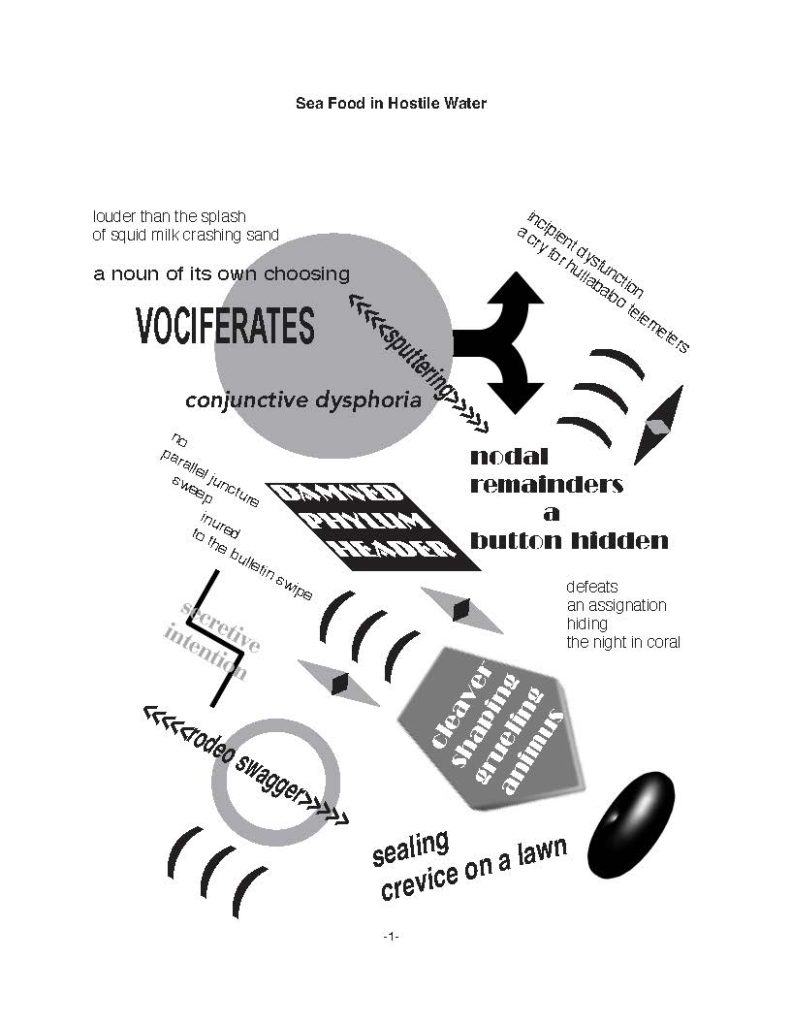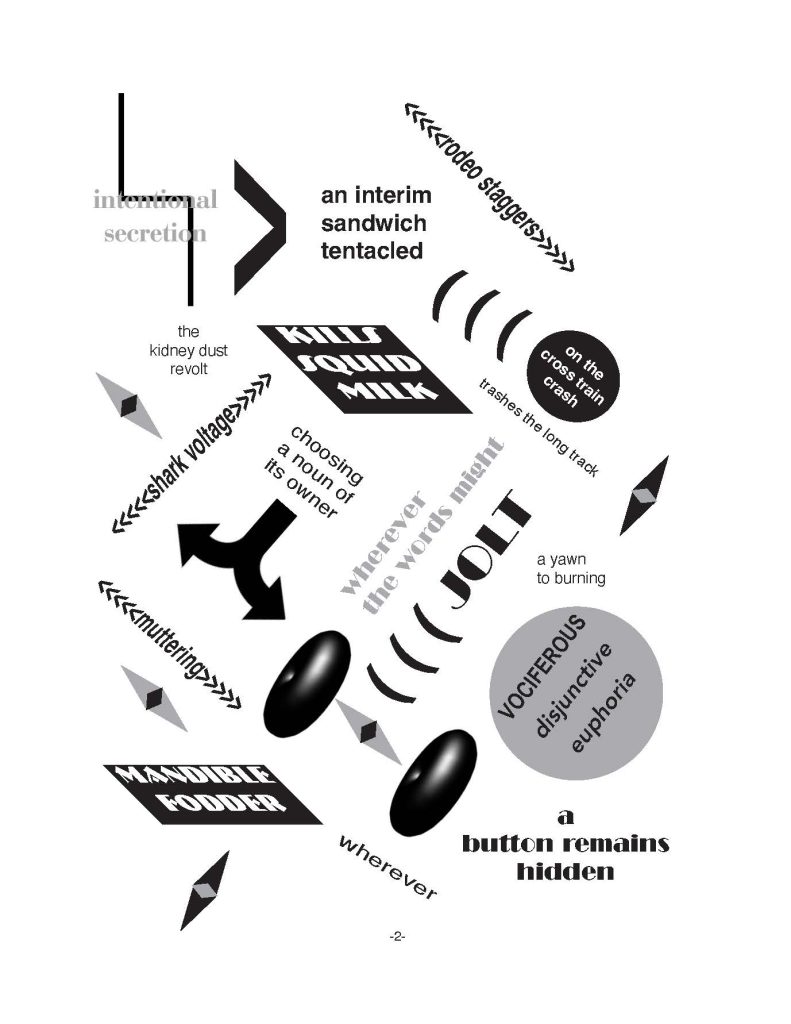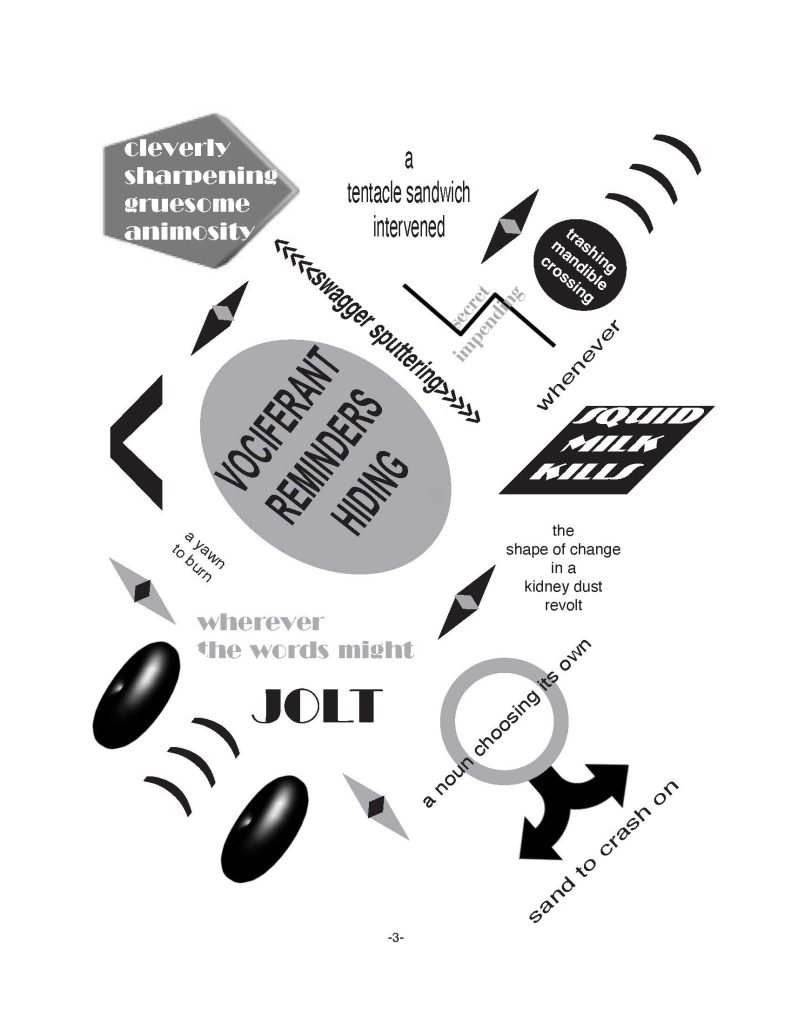Fairy When I was quite young, in grade school, homosexuality was invisible and mute and shrouded in a cloak of secrecy. Most children my age understood it not at all. Only very rarely, would an adult refer to a putative "not-quite-right" character as a “Fairy.” In my mind at the time, fairies frolicked with the brownies and the leprechauns through verdant forests and meadows. Later, when I attended middle school, at which time sexual awareness became manifest, homosexuals were heartily reviled, the objects of scorn and hostility--the “other.” If a child of that era were mentally defective--labelled at the time as retarded--he was often subject not only to bullying, but to malice and isolation as well, and was called “Queer,” which was a catchall word for the disaffected. When at last I reached high school, during the 1960s, the term “fag” came into vogue and was levied by boys and girls, athletes and non-athletes (the freaks) alike. Girls who would not put out were lumped into the “Lezzy” dustbin of life. Clearly, it was thought, there must be something very wrong with these sexually stunted young girls. In college, (the 1970s) the liberal, enlightened teachers and their student acolytes often advocated for these alienated persons and heralded the newly christened “Gays” as quite upstanding men and the “Lesbians,” their female counterparts, as exemplary as well. This was not the mainstream attitude toward these individuals; to many, both outside and inside the walls of academia, homosexuals remained queer or faggot or even worse. Little attention was paid to the gradations of sexual reality; everything was still discussed in terms of male and female. Cis and dysphoria were far in the future. Which of course left many people out. A presumptive intellectualism was bestowed upon them. “Rubyfruit Jungle” found itself on college reading lists in 1973, followed by “Tales of the City,” “Dream of a Common Language” and others. But one time, at my university, a wide spectrum of sexual “others” gave a public forum on their sexual identities and the undercurrent of discrimination against them. It was a courageous effort. The panel was heatedly assailed by an array of mostly African American women who discounted any bias the others had suffered, as just. When a transsexual said that he was in a homosexual relationship, one woman screamed, “Why don’t you make up your mind?” Another shouted, “I like dick!” to thunderous applause from the audience. Okay, so not everyone at university was enlightened. After graduation, now free of the regimentation and bureaucracy of school, I explored the regimentation and bureaucracy of the world of employment. I witnessed discrimination, by both management and labor, against both male and female non-heterosexuals. Homosexuality was not generally given as the reason for the discharge, though everyone knew the truth. It was not until well into the 21st century that it became illegal to fire an employee based on the issue of sexual identity (June, 2020). Like any other segment of society, sex-based minorities have had to fight for their rights. I have had many LGBTQ associates, acquaintances and friends, housemates, fellow students and colleagues over the course of the last 60 years. And I admit that my own attitudes toward LGBTQ individuals, in terms of their rights, responsibilities and merit, have evolved. Society at long last has embraced the efforts of LGBTQ people to attain the rights and recognition so long denied them. My experience, by definition, has been only anecdotal, but I likewise stand behind the LGBTQ community in attaining their long overdue respect and self-actualization.
Poetry from Taylor Dibbert
London’s Ramp He still has London’s Doggy ramp, He’s not Sure why He hasn’t Been able To let That go. Taylor Dibbert is a writer, journalist, and poet in Washington, DC. “Rescue Dog,” his fifth book, was published in May.
Excerpt from Avery Brown’s Blood Sagas novel Blood and Loyalty

Alkada and his men rode hard and adamantly, circumventing Captain Hammer about two days back in the Barren Canyons. It took every ounce of discipline Alkada possessed not to confront Hammer and settle up on owed blood. However, catching up with NoLove and the Mob took precedence at the moment. Shyne loyalty must be upheld, he thought to himself when he made the decision. Besides, they were hot on their quarry’s trail by not even a half day's ride behind. Alkada reached out to Skully. Vexed by what he saw, he signaled for everybody to stop. "They're already in Freedom Compound," Alkada announced. "Are you sure? The trail is still fresh," countered StreetLife, pointing down at the newly made hoof marks on the ground. "Yeah, I'm positive, and there's a lotta activity goin’ on. People are movin’ all about there. But I'm not sure how this is gonna play out if we gotta rock the bells." "So, let's post up here and wait them out," StreetLife suggested. "No, that's no good. Whatever has brought them here has brought many others from all around. I guess that meeting the soldier told us about is pretty big. So, I'm sure our arrival won't be a total surprise. Besides, waiting here may go from laying on three enemies to being greeted by a battalion, and having Republic soldiers at our backside don't sit proper with me. Not to mention, I don't believe Baron Black will take too kindly to us jus’ kickin’ grass so close to his compound. He and my father go way back, and that alone will warrant me payin’ him the respect of a visit. And it's a good bet we're bein’ watched right now." "Rahhhhh," Skully screamed overhead, confirming Alkada's statement. Alkada reached out to the bird with connection and awareness and saw that several sentries from Freedom Compound were watching them. A moment later, Alkada snapped out of the connection he harbored with the bird. "Yeah, we're bein’ watched. But, right now, it’s just curiosity as to why we are clustered here talkin’ without proceedin’ to the compound. So many others have passed through here recently. We're just one of many, but it won't be much longer before mild curiosity turns to violent interest." About Avery Brown Avery Brown is a native of Brooklyn, New York currently residing in Atlanta, Georgia. As a first time author, Brown was inspired to write this story due to the passing of a dear friend at the hands of police. The Blood Sagas came about in hopes of keeping the memory of his friend alive for generations to come. He understands the beauty and passion necessary to create a space in which characters can explore complex issues in a fantasy world. He is now currently working on his second book in 4-part the Blood Sagas series. Passionate about his craft, Brown is also hard at work on his next project, Manimal, a fantasy thriller, that illuminates the magic of the Indian Nations. More about the Blood Sagas on Avery Brown's website.
Poetry from Mykyta Ryzhykh
Birds die faster than dots in poetry The necks of letters are much longer than the necks of birds Birds, like poetry, do not know how to beg Birds die, but so do poems *** The air left the composition of the sadness of the stomach Wooden night covered the dead Iron worms sewed up limbs with immobilization What street is this? Why is it so dark in here? And this is not a street, this is life and death *** I want vegetables to die and not one child to suffer anymore at a diet dinner. *** The meat screams at the pennant with red silence Worms crawl out of coffins to the surface Minced meat crawls out of the meat grinder Corpses crawl into eyes and ears The world around is destroyed in the pupils of the shot man What can world poetry talk about besides war? *** The cat tears up the mouse just for fun A grenade tears a child apart because it has to be done The sky moves and the clouds float forward Mom cooks breakfast like no one is dead *** Worms crawl underground After the rain worms crawl to the surface We read the letters of the rain on our faces We crawl in a pool of blood without limbs Winter is beginning It's nuclear winter *** Snow will forgive the grass everything We'll all fall asleep in the snow and grass We will be buried in snow and grass But we won't have children anymore Who will bury us? Nuclear stations are growing like mushrooms The forest turns white as a mouse The ashes fall asleep Ashes in the snow *** Light for the blind *** no one died in the cemetery again *** the trees are silent like the dead before they are cut down *** sound conservation a bird reads a blizzard with a glance *** cemetery without grave almost like a church without parishioners love without lovers mountain without a bottom god without religion
Poetry from Tuyet Van Do
distorted sounds in the front yard black feathers leg pulling at the end of the bed a lingering spirit cat meows ... a half eaten quail in the garden bedtime a dark entity zooming through the doors midnight vision in the bedroom corner a headless woman
Poetry from Vernon Frazer
Short story from Bill Tope
Graduation Day Hi, my name is Rachel--and no, I'm not Jewish, though it wouldn’t bother me; people make that mistake all the time, because of my physical features and my name. But there is one real Jewish student in my class, and that's Ruth. She's cool. I'm a student at St. Mary's Catholic School on the west side of the city. I'm 10 and graduated two weeks ago from the 5th Grade, which means that next term I'll be in Middle School, which for the Diocese is 6th through 8th grades. The Bishop thinks that 5th Grade is far enough to take Elementary School, and am I ever glad. Allie--that's my best friend--and I were co-Valedictorians and were supposed to give a short speech at graduation that evening at the church. We were gathered in our school that day to attend a special lunch that the cafeteria workers were preparing to mark the occasion. The lunch was at eleven and it was just eight thirty when Sister Catherine started talking to us about how to act at graduation that night. Like we don't already know how to behave: don't whisper, don't pass notes, don't pick your nose, and on and on. I mean, we're not stupid. But Allie is crazy about Sister Catherine, thinks maybe she'll become a nun when she grows up. Everyone was dressed up for the special lunch. The food is pretty good at St. Mary's--for a grade school. When we get into Middle School, then we can have burgers and fries, but for now we're stuck with mashed potatoes and roast beef and, of course, green beans. If you ask me, I'm not looking forward to the change. I'm sitting there checking everybody out, then remember to check my cell in with Sister. Despite all the shooter drills and stuff at the public schools, violent incidents almost never happen at parochial schools and we aren't allowed to hold onto our cells during class, except during recess and at lunch. Just then Allie walks into class and plumps down next to me. I ask her if she wrote her speech yet, for tonight. "Piece of cake," she replies. She is so smart. Even though we are co-valedictorians, she is way smarter than me. I'm good at Math and Science, but Allie is an absolute genius and writing and speaking in public. My Dad says Allie is going to be a U.S. Senator when she grows up, but my Mom says Allie can do way better than that! She was still excited from the week before: to celebrate finishing first in our class, her parents bought her a puppy! A full blooded Basset Hound, with papers and everything. I am so jealous. My folks said we can't afford one right now; we don't have much money and receive a special parish subsidy to pay for my tuition. Mom says to keep my grades up, else I'll lose the subsidy and then have to go to public school. Ugh! I suppose that Allie's family is well off; besides, she's an only child and my folks have three other kids besides me. "You got your speech written yet, Rach?" ask Allie. I frown, twist my lips. "I'm working on it," I tell her. She looks knowingly at me. "You want I should come over to your house after lunch and help out?" I dissolve into a big smile. Like I said, Allie is my best friend. Out in the hallway there is a weird sound, like a cap gun exploding: Pop! Pop! Pop! It sounds just like the toy pistol my brother Franklin plays with. Mom won't let him take it outside the house because she's afraid it will make other people nervous. People in here are nervous now. I look at Allie and then we stare at Sister, who looks really upset. "Stay where you're at, children," she commands, then advances to the exit and turns the lock over. Even through the locked door we can hear students running through the halls and shouting. "Follow me!" she says calmly, but there is an edge to her voice. She leads us back through the cloak closet and to a room that's used to store overhead projectors and DVDs and other AV stuff. She reaches inside and fumbles for a second with the light switch, then stands aside and we precede her into the room. She pushes the door shut, locks it and says, "Don't make a sound!" We stand around until Sister tells us to sit along the walls that are out of the line of sight of the door, so bullets won't get us. Hurriedly, we comply. God, what's going on? I wonder. Suddenly a girl starts sobbing loudly, but Sister silences her with a hand on her shoulder. Through the closed door we hear more gunfire, closer now than before. Sister Catherine extinguishes the overhead light. Moments later there is a loud crash against the door and someone is shouting. This is too much: some of the other kids begin to whimper. It doesn't matter now, he knows we're in here. We can't hide. Bullets rip through the wooden door, exploding into the opposite wall. A calendar on the wall flutters to the floor. Allie reaches out and grips my hand. I hold on tight. But the door holds; that is, until the shooter unleashes a cluster of shots around the lock, splintering the wood. With a crash the door flies open. We sit, breathlessly, in the darkness, afraid to make a sound. The light from the other room illuminates the shooter, first his arm as he reaches in to grope for the light switch, and then his face and torso as he calmly enters our hiding place. Clutched in his hands is an assault rifle. I recognize him! I don't know his name, but I've seen him before, on the campus of the High School. And he looks so calm. I thought he would be a seething, snorting dragon of a creature, but he's only a kid. And I can tell that Sister is reacting the same way. Almost as if she wants to ask to see his hall pass. Sister speaks first. "Bradley....? The shooter grins and winks at Sister and then shoots her in the chest. Sister Catherine folds up like a toy balloon and crumples to the floor. Allie lets go of my hand, jumps to her feet. "Sister!" she shouts, after which the shooter fires into Allie's body--twice. Like Sister, she tumbles to the floor. I feel dizzy, as if nothing is real anymore, and am about to pass out when Delmar, the class dweeb, rises to his feet. He's out of the shooter's line of sight and so the killer can't see Delmar as he draws a pistol from his jacket, points it at the shooter, and squeezes the trigger. The shooter's whole head is vaporized and for an insane moment he continues standing there, gun in hand. Then, like Sister Catherine and Allie, he slips to the floor and drops straight to hell. Epilogue That was two weeks ago. Everyone skipped graduation; we got our diplomas in the mail. The Diocese said that all the schools must begin active shooter drills as soon as classes resume. It still doesn't seem real that Allie is forever gone. Every day I think to text her but then I remember. Everyone is like walking on egg shells around me and I hope that ends soon. The shooter was a 17-year-old student from the High School, who had been expelled the week before. According to his parents, he had been "acting out" ever since. Some local political guy said Delmar is a hero and that it only proves that arming teachers and school staff is a good idea. Allie's parents are beside themselves; they were on the news on TV. They gave me her puppy, said they worked, couldn't take care of it, or give it the love it needs. They said it was what Allie would have wanted. I think it was too personal a reminder of the daughter they lost. I named her Allie.



